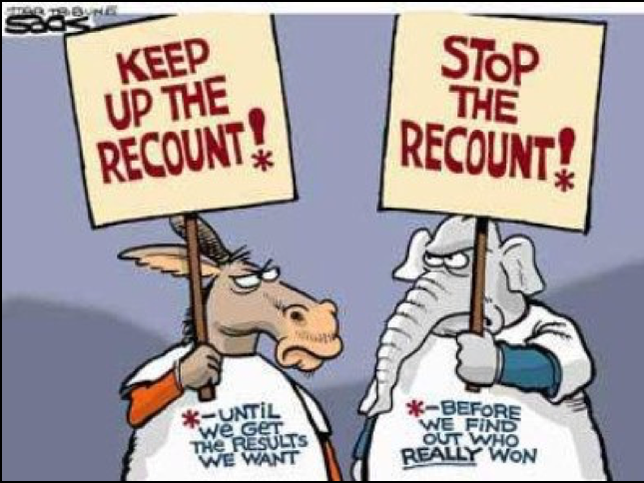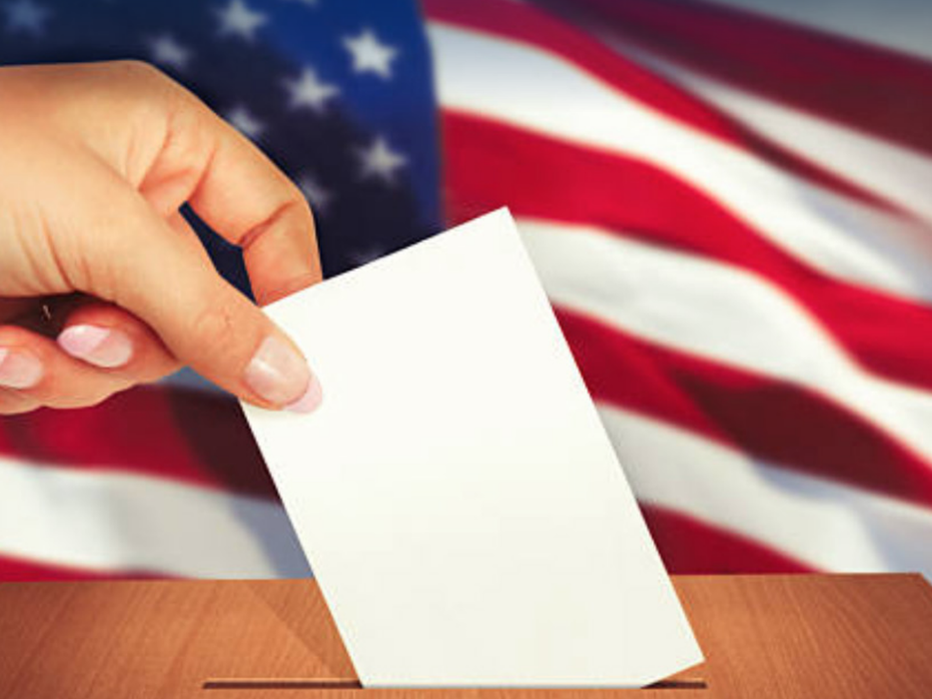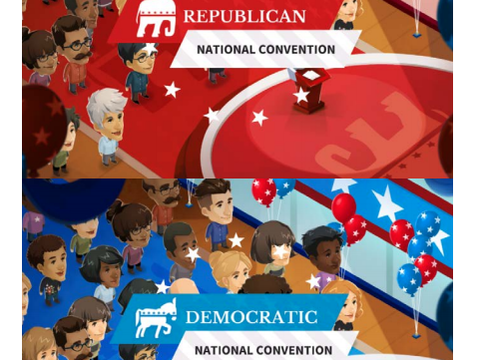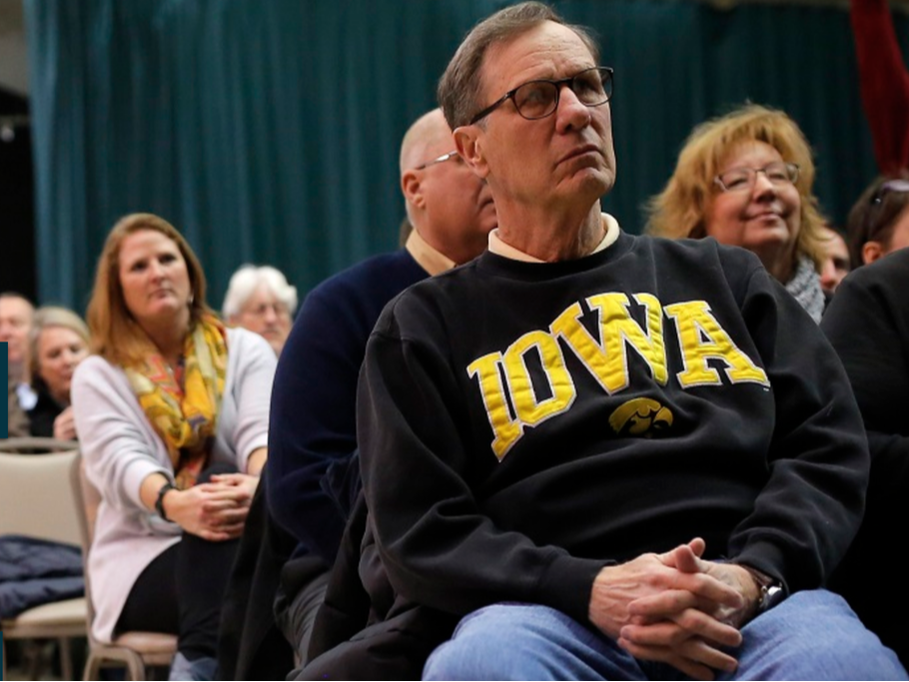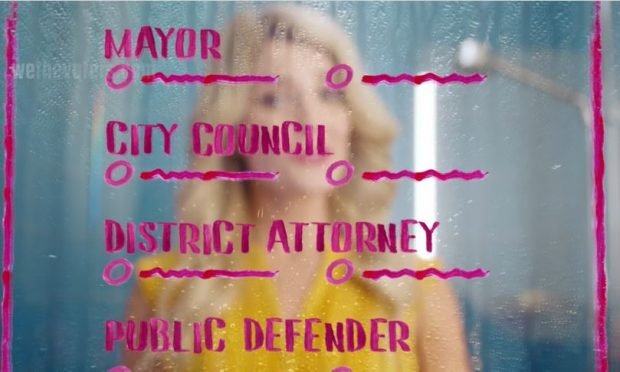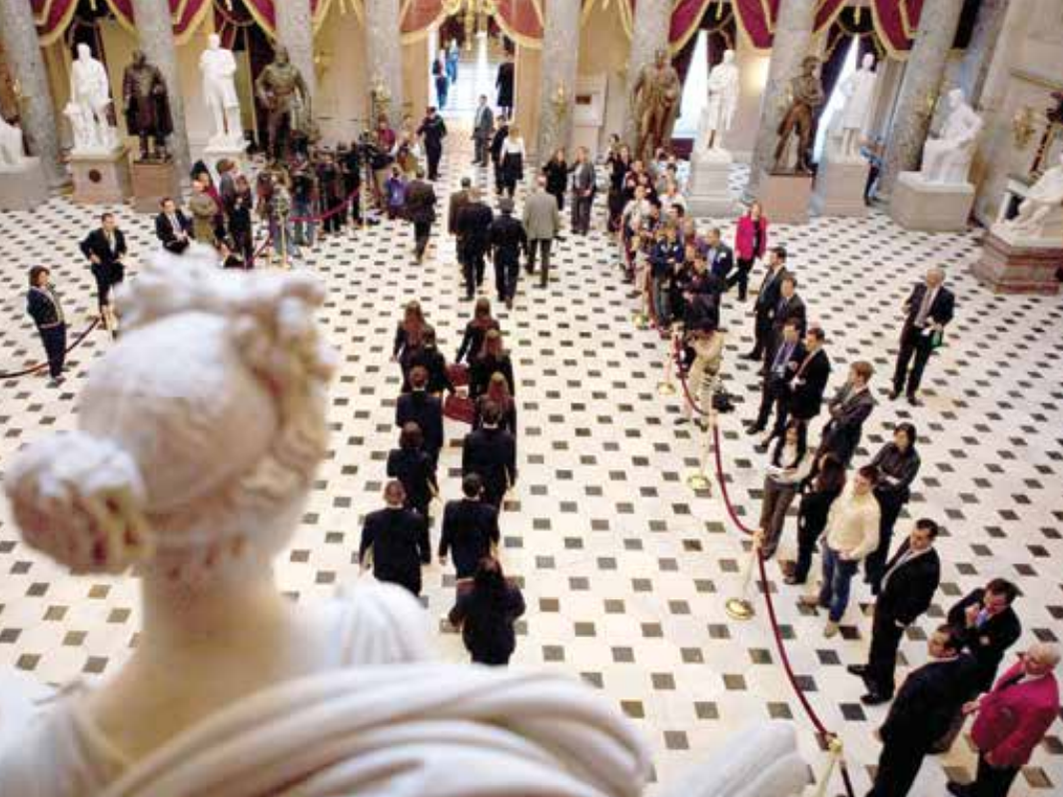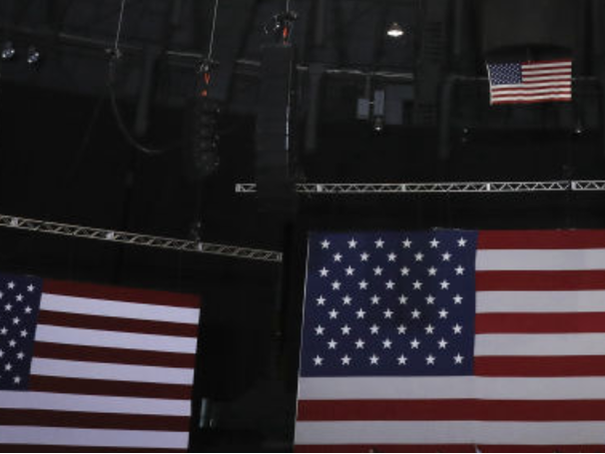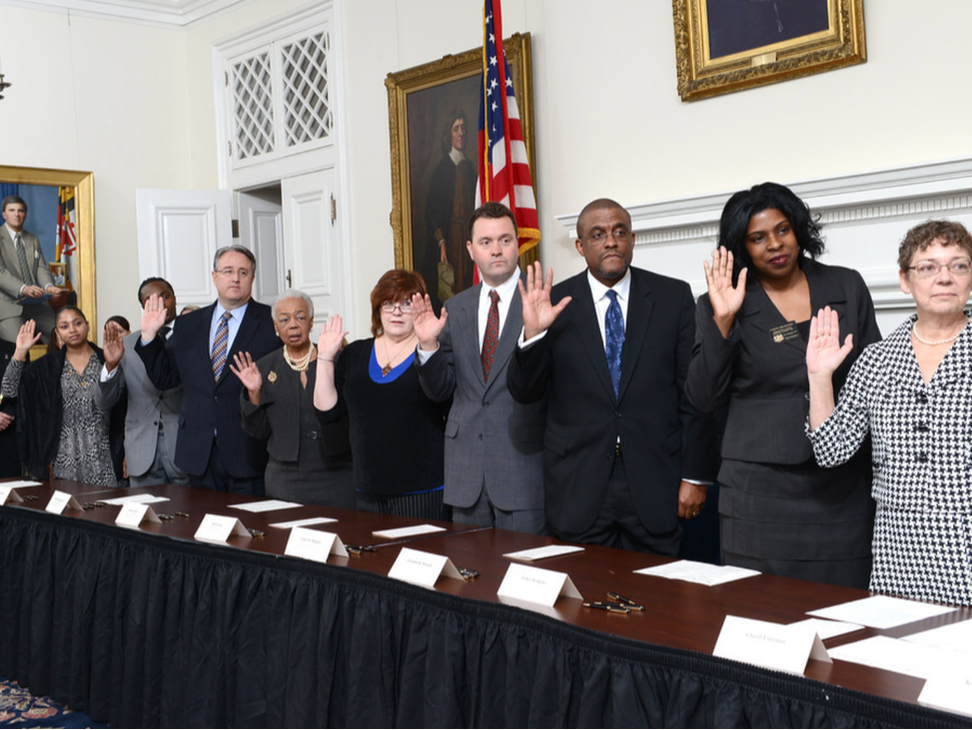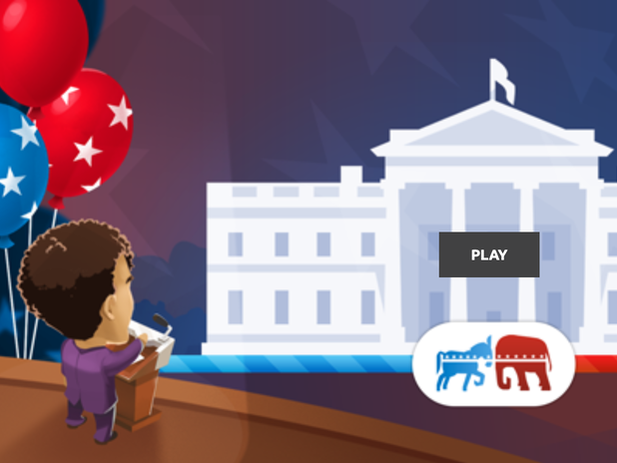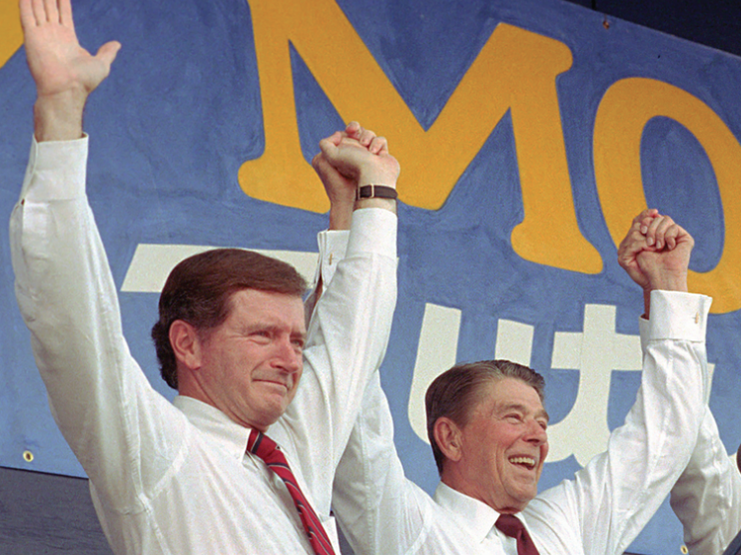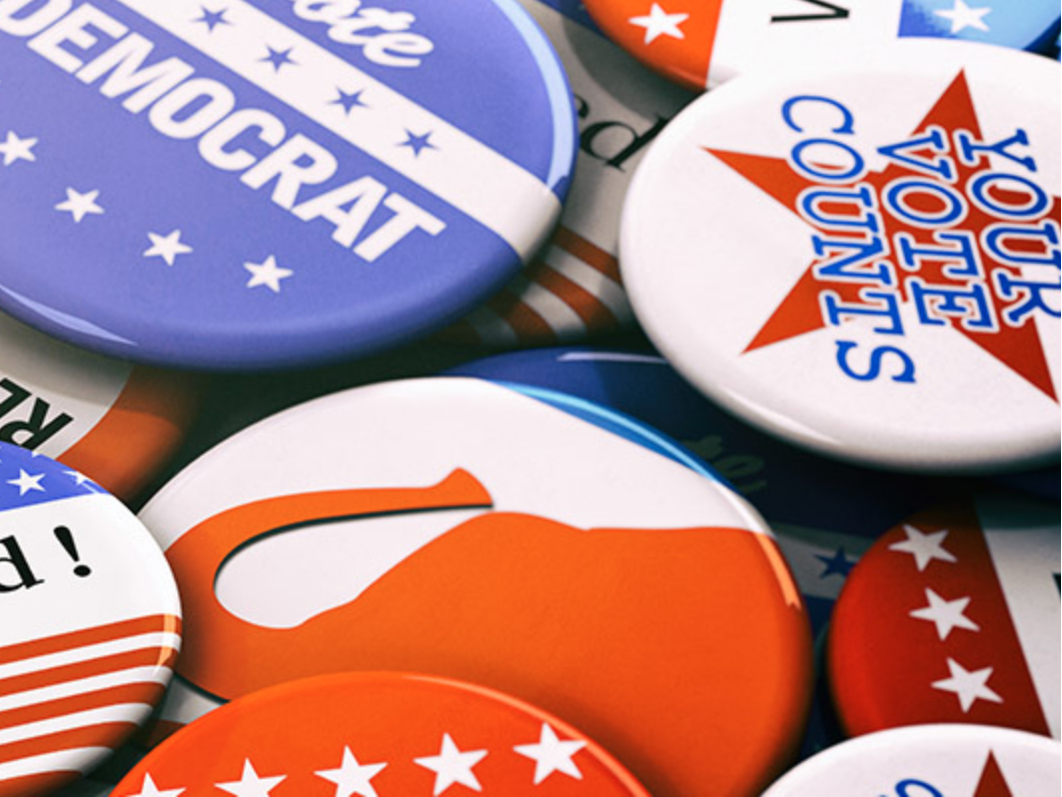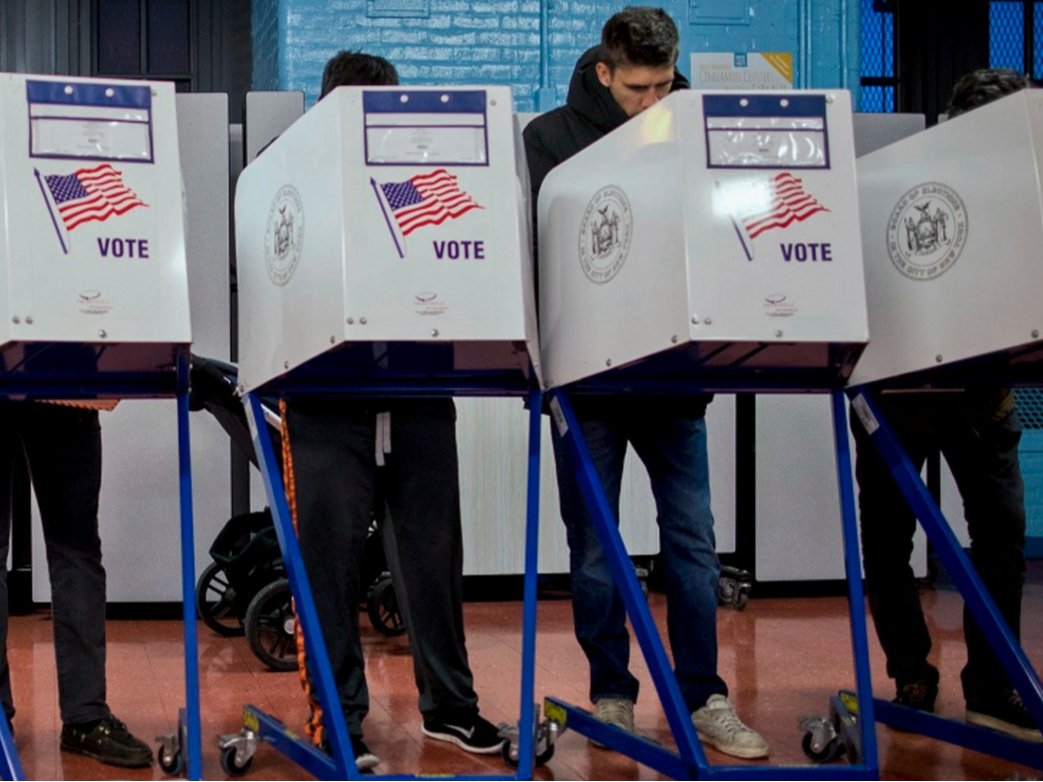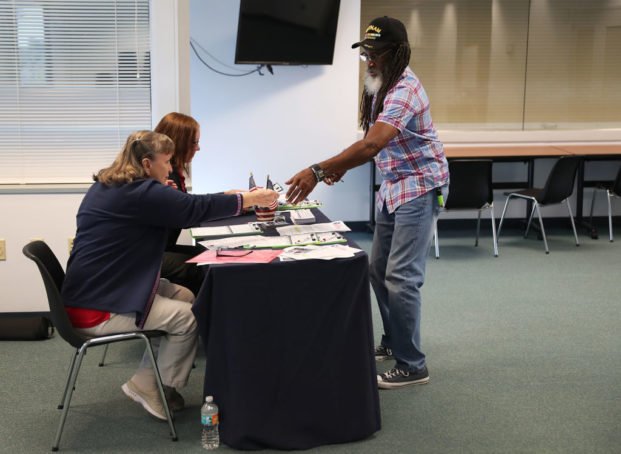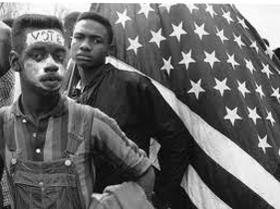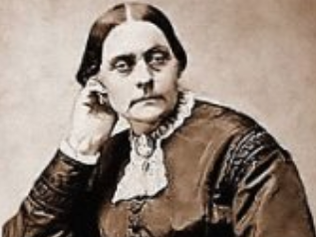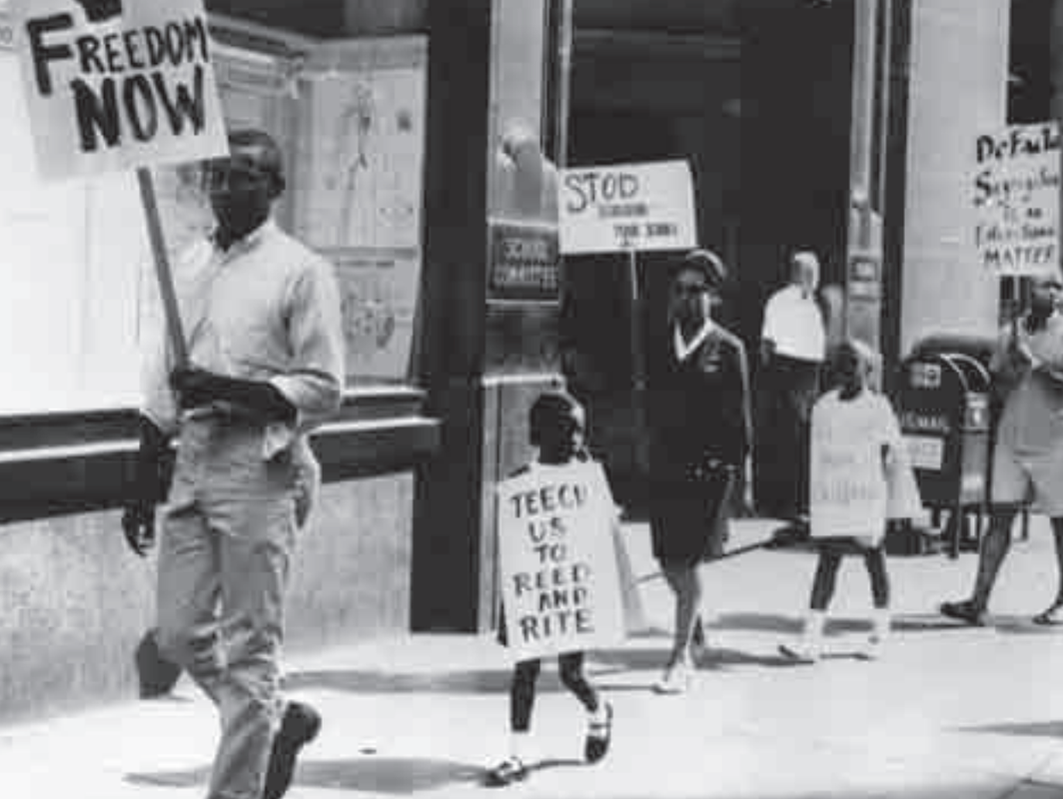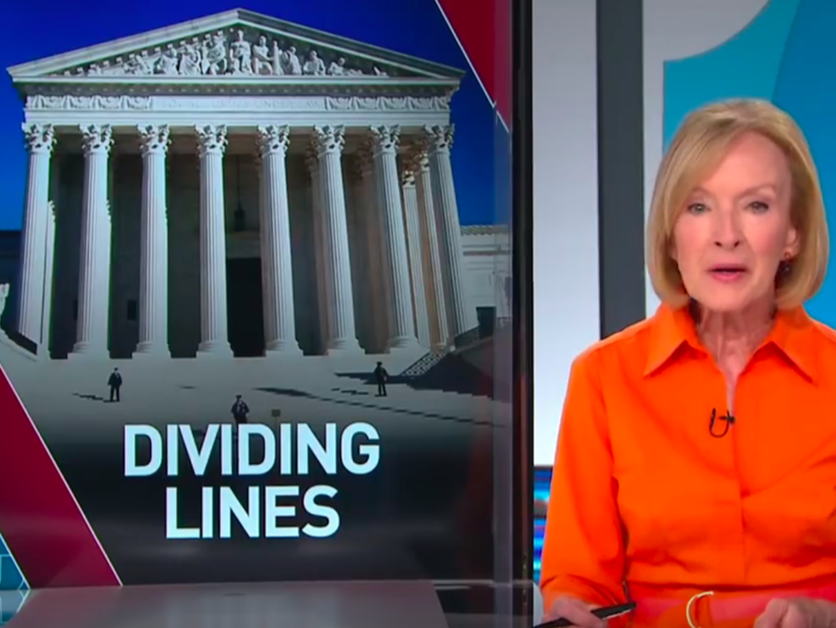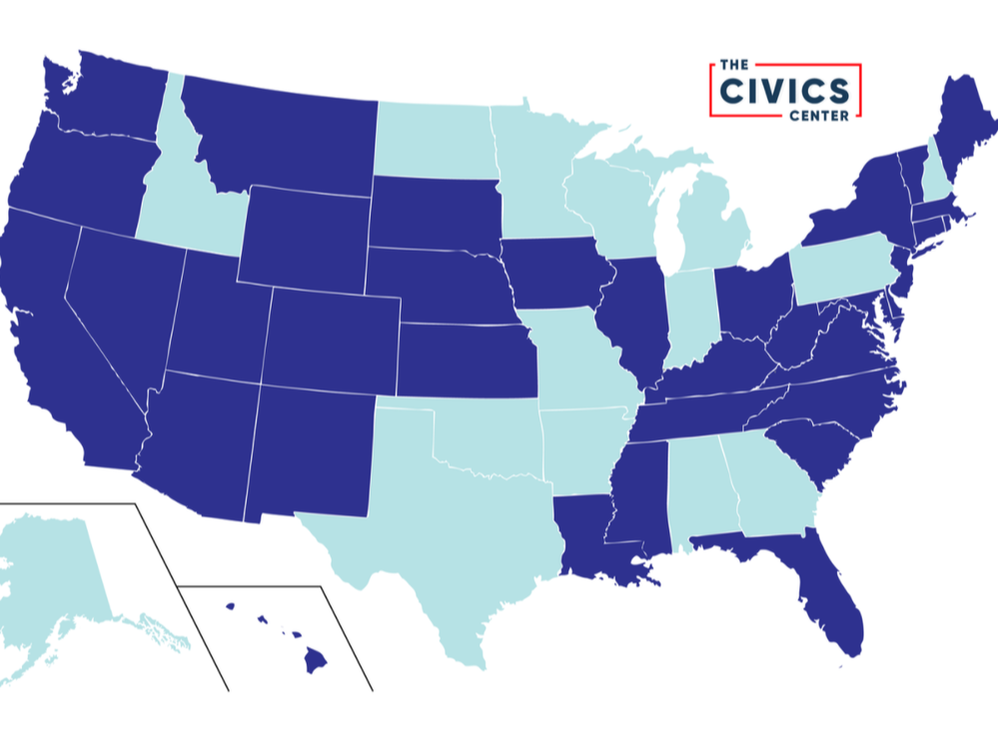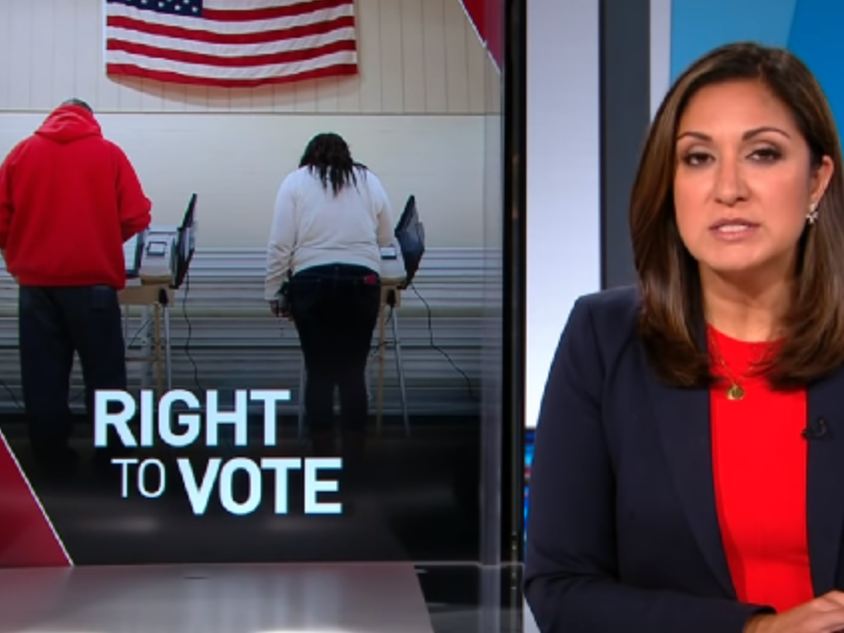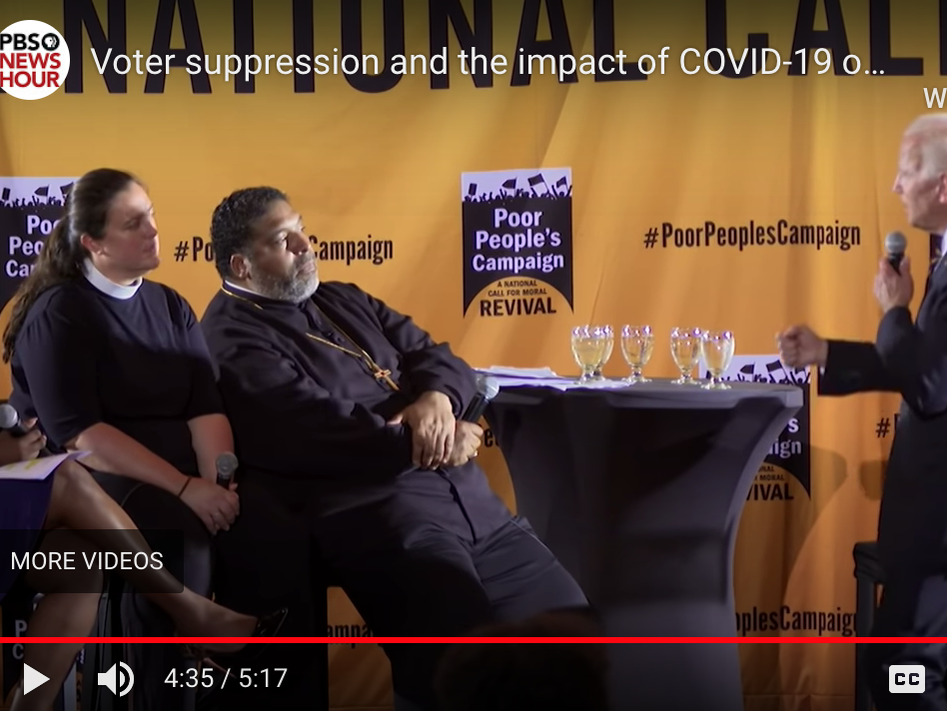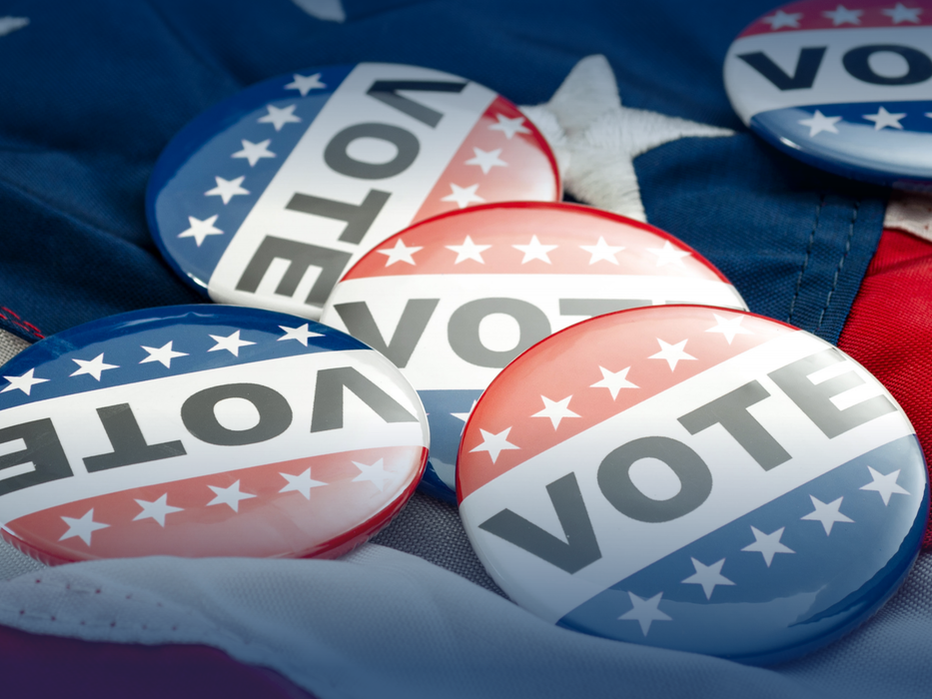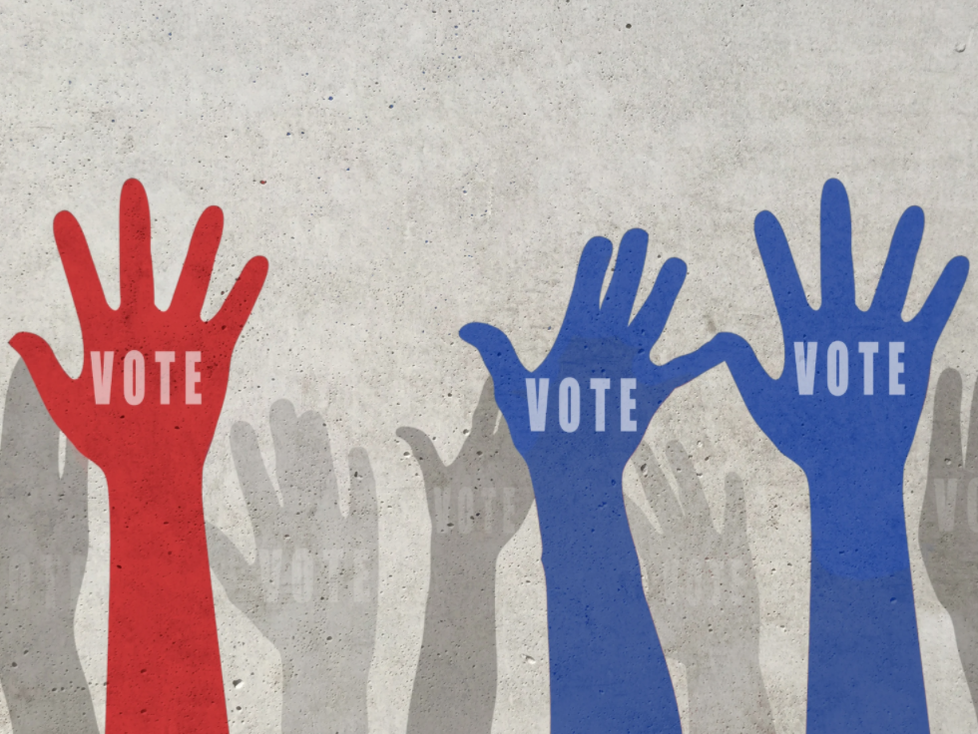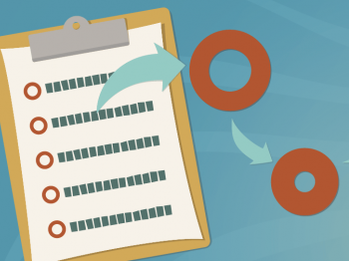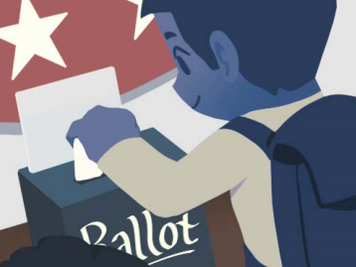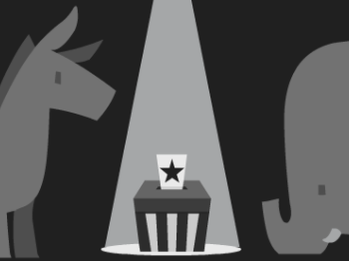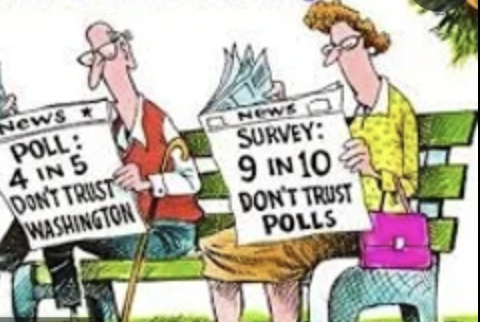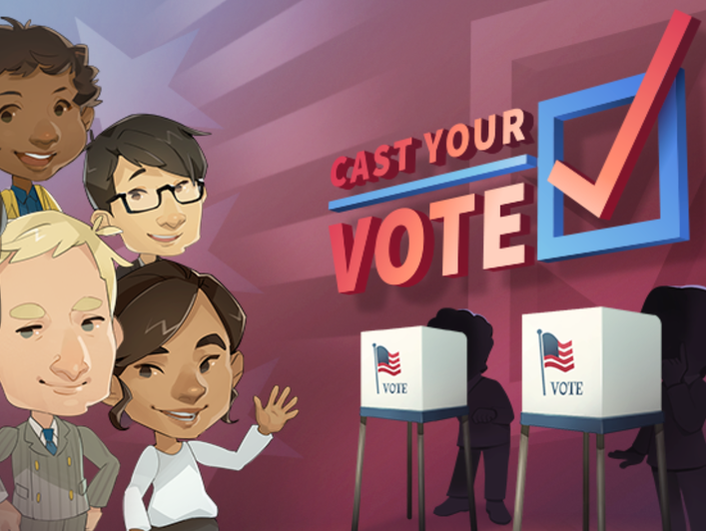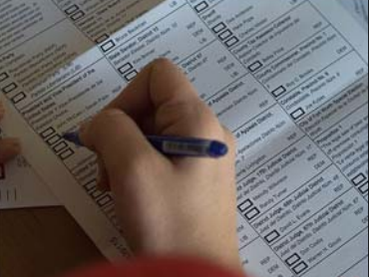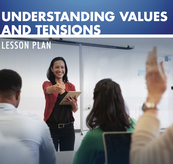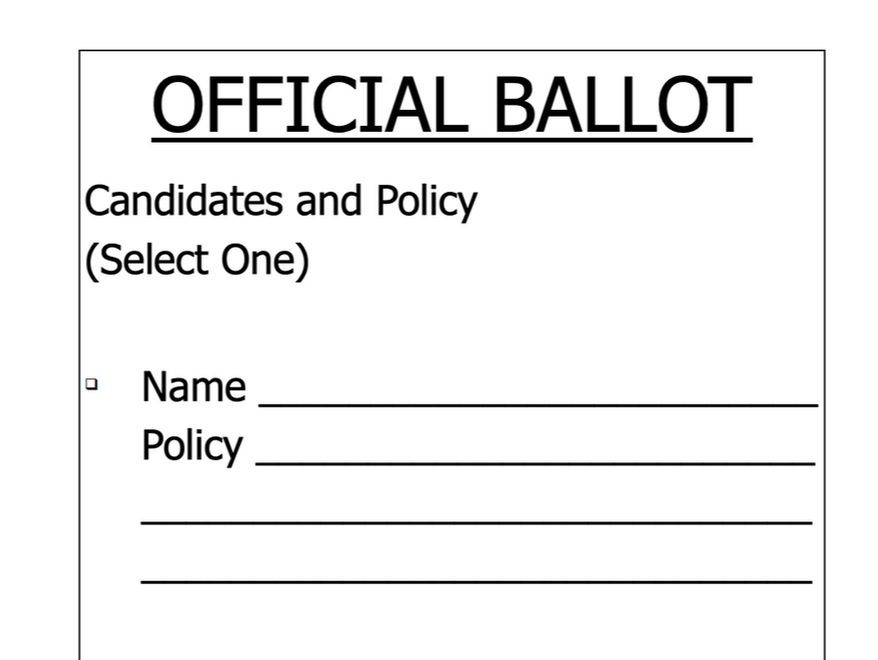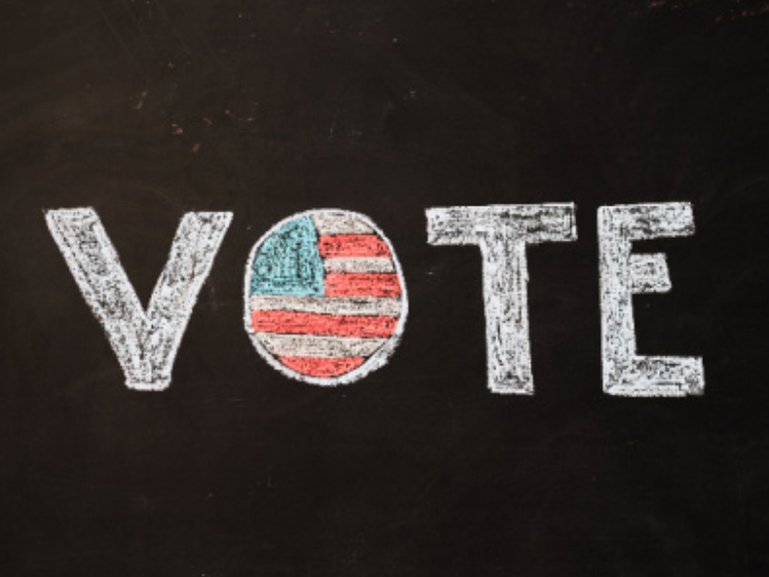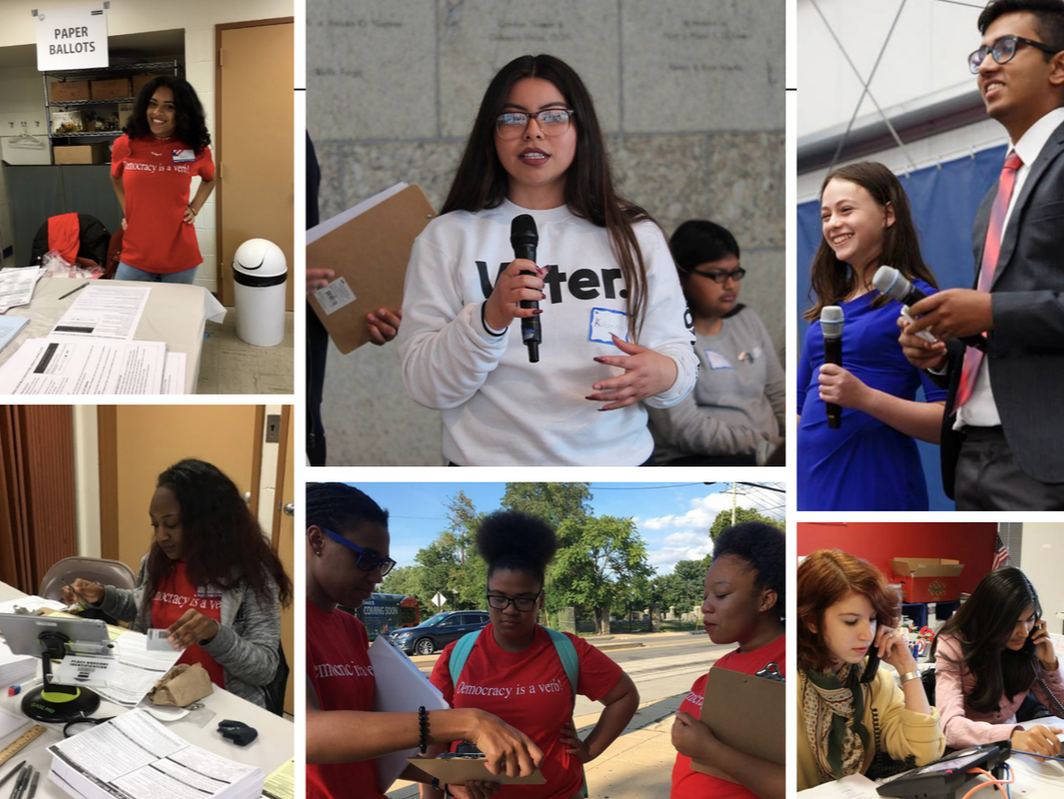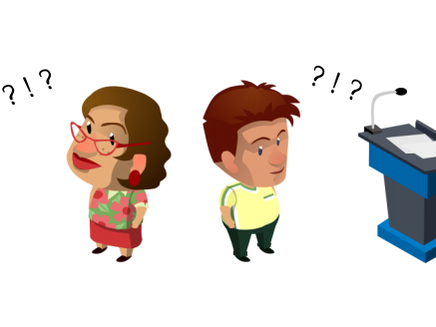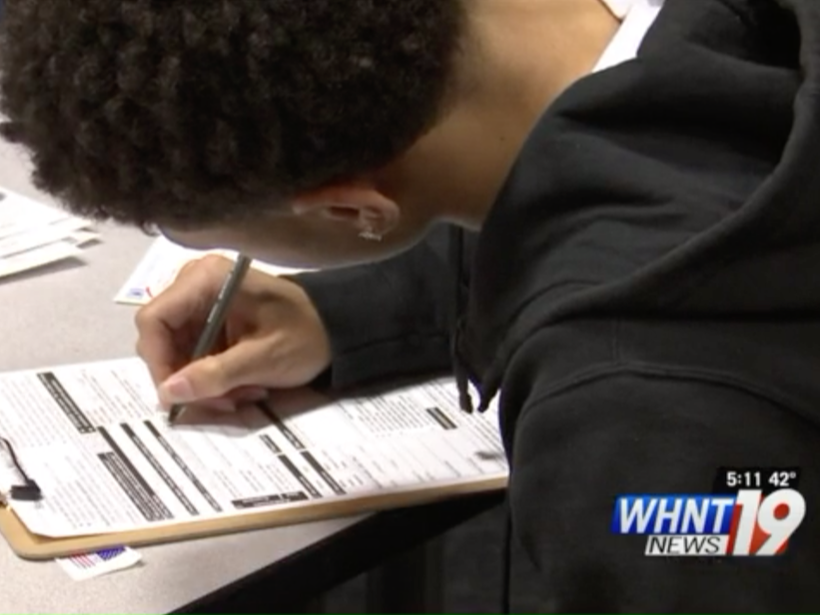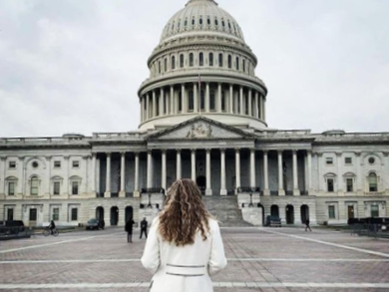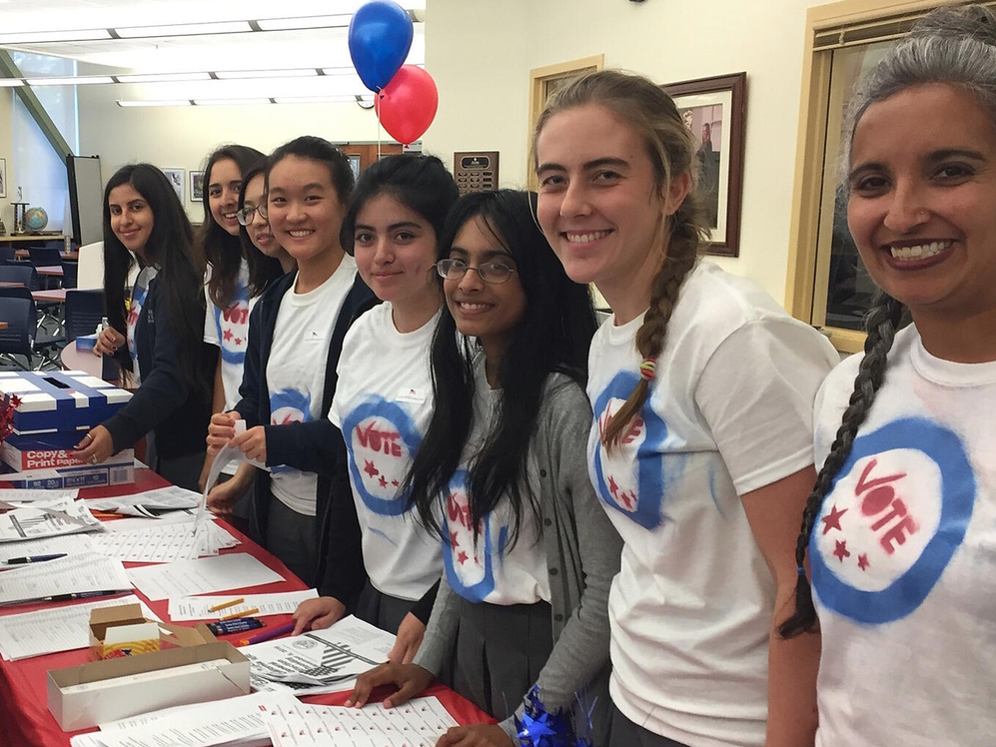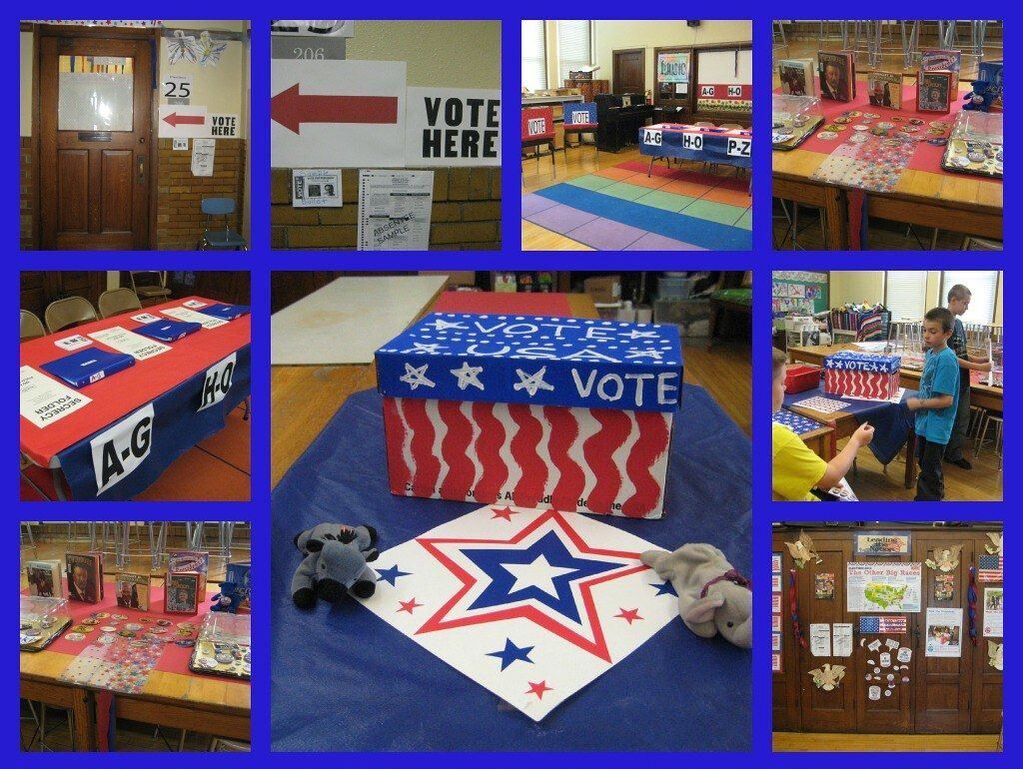Instruction on Elections and Voting
RATIONALE & RESEARCH
Youth voting depends upon young people knowing how to vote, becoming informed and confident in their ability to do so, and being motivated to cast a ballot. Direct instruction about voting - the act itself, as well as how it fits into the broader electoral process and how that process has evolved to expand voting rights over time and is still in need of evolution today - helps students understand potential civic roles they might play (be it voting, serving as poll workers, volunteering for campaigns, or through other methods of engagement).
Research tells us:
Research tells us:
- "When schools provide the kinds of opportunities that allow students to learn and practice a variety of civic skills, learn about how government works, see how others engage civically and politically, and grapple with their own roles as future citizens, then we see increases in both students’ commitment to and capacity for future participation." ("High Quality Civics Education: What Is It and Who Gets It?", 2008)
- "Young people who recalled high-quality civic education experiences in high school were more likely to vote, to form political opinions, to know campaign issues, and to know general facts about the US political system." ("High Quality Civics Education: What Is It and Who Gets It?", 2008)
LESSON PLANS & RESOURCES
Electoral Process
The Electoral ProcessTake a peek into the electoral process- in this iCivics lesson, students will learn the distinctions between the popular vote and the Electoral College, exercise their critical reasoning skills to analyze the differences between the presidential and congressional elections, contrast the various nomination processes, and learn about the role of party conventions in American politics.
Lesson Plan |
Understanding the U.S. Electoral ProcessUse this iCivics lesson plan to help students understand the Electoral College, primaries and caucuses, and other rules and procedures that shape elections in the United States.
Lesson Plan |
Parties, Primaries, Caucuses, and ConventionsA candidate has to pass a lot of tests before anyone can actually vote for them for president. Introduce your students to the big events and mile markers of the electoral process with this iCivics lesson and learn what a candidate must do before reaching the final test: the general election.
Lesson Plan |
Spotlight on the Iowa CaucusesThis Teaching Idea from Facing History helps students understand how the Iowa caucuses work, prompts them to discuss the advantages and disadvantages of voting in person at a caucus, and invites them to explore the question of whether Iowa should be the first state to vote in the presidential primary season.
Lesson Plan |
Down-ballot voting and the role of local electionsOften times, state and local elections are overshadowed by the media’s focus on national elections. But it is more often the local officials and laws or ordinances that affect daily life the most. The We The Voters film “Hot Tips to Rock the Ballot” explores the importance of down ballot voting—looking beyond the national contestants to the local candidates where most of government’s direct impact on people occurs. After viewing the film, students will examine the merits of local candidates and ballot measures.
Lesson Plan |
Teaching resources for the US electionThis collection is made up of several mini-lessons, explainers, and guides relevant to teaching about voting and elections in the current political climate.
Reference, Lesson Plans, Student Guides |
Electoral CollegeThis guide, from Bites Media, offers a student-friendly overview of the Electoral College, including a basic description, explanatory video, popular arguments for/against changing it, and questions for further reflection and discussion.
Student Guide |
Teaching about the Electoral CollegeThis article, from NCSS' journal Social Education, offers suggestions for three lessons (two before the presidential election and one immediately after) in which stills can explore the Founders' intended purpose for the Electoral College, analyze past elections' results, predict this election's outcomes, and track the accuracy of their predictions.
Reference, Lesson Plan |
Win the White HouseThis refreshed version of iCivics' Win the White House game challenges your students to manage their own presidential campaign by: building arguments to support timely issues that are relevant to them, strategically raising funds to support their campaign, keeping campaign momentum high through targeted media campaigns and personal appearances, and polling local voters to see what issues resonate.
Game, ELL |
Mid-Term Elections MatterThis three-series lesson plan, from the Ronald Reagan Presidential Foundation and Institute, is intended to help students understand that midterm elections (whether they be for congressional candidates, governor, state representatives, or state initiatives) are equally as important as the presidential race every four years.
Lesson Plans, HS |
Voting and Elections Toolkit This year brings an opportunity to use the elections to engage students in the proven practices of civic education. The Illinois Civics Hub has created a toolkit to provide resources and lesson plans to support this important work.
Resources |
Curriculum Design Toolkit: Direct Instruction on Democratic InstitutionsAt the foundation of preparing students for civic life is grounding student knowledge of the workings of our constitutional republic. This pages for resources from the Illinois Civics Hub offers teachers tools to facilitate rich civic inquiry for students, incorporating sound pedagogy, content, critical thinking, and civic skills.
Resources, PD |
Voting Rights in the United StatesThis Teaching Idea from Facing History helps students explore the history of voting rights in the United States, the impact of the Supreme Court case Shelby County v. Holder, and questions around voting rights today.
Lesson Plan |
What is felony disenfranchisement?Individuals convicted of felonies face numerous punishments beyond serving time in jail or prison. Federal and state governments have enacted a large number of additional restrictions on formerly incarcerated individuals. This lesson focuses on felony disenfranchisement(restrictions on the right to vote) and describes other “collateral consequences,” or punishments and restrictions beyond prison. Students will explore a number of digital resources, including an article, a video and interactive websites to analyze restrictions that people convicted of felonies face.
Lesson Plan, Reference |
Evolution of Voting RightsExplore the evolution of voting rights in the United States through an interactive PowerPoint presentation from iCivics highlighting landmark changes. Following the presentation and class discussion, students apply the new knowledge of voting legislation to individual scenarios through a class activity.
Lesson Plan |
Susan B. Anthony and Women's Right to VoteIn this lesson from Facing History, students analyze a daring challenge to the legal and social order of the time: Susan B. Anthony’s casting of an illegal ballot in the 1872 presidential election. Students close read an excerpt from Anthony’s speech "Is It a Crime for Women to Vote?" and draw connections between the past and present, especially around acts of civil disobedience, the role of voting in a democracy, and the meaning of equality.
Lesson Plan |
Civil Rights Historical InvestigationsThis resource from Facing History contains three units dedicated to the exploration of the civil rights movement, including one unit focused on "The March for Voting Rights".
Unit Plan, Lesson Plans |
Does the Constitution Forbid Gerrymandering?These resource, from PBS NewsHour Extra and shared via the AFT's Share My Lesson platform, uses a video, summary, and discussion questions to engage students in a conversation about the constitutionality of the practice of gerrymandering.
Discussion Guide |
What is Voter Suppression?This blog post from The Civics Center (shared in English, Spanish, Korean, Mandarin, and Cantonese) helps readers recognize and understand a range of common voter suppression practices.
Reference, ELL/Multiple Languages |
Voter ID Laws & Voting SuppressionThis lesson plan, developed by PBS NewsHour Extra and shared on the AFT's Share My Lesson platform, offers a video, discussion questions, and extension activities designed to help students consider the impact of varying voter ID laws.
Discussion Guide |
How Felony Convictions Affect Voting RightsIn this PBS NewsHour EXTRA lesson, students are provided with a video and discussion questions designed to help them understand how the intersection of COVID-19 and felony convictions prevents access to voting rights. Later, an extension activity further explores the issue of unequal access to the law and civil rights.
Discussion Guide |
Voting By Mail:
|
Should Non-Citizens be Allowed to Vote?This discussion guide shares background knowledge and a radio clip explaining the issue from the lens of one community's debates, discussion questions, and links to associated Facing History resources.
Discussion Guide |
Big Money in ElectionsThis article, from NCSS' journal Social Education, offers background information on and excerpts from the Citizens United v. Federal Elections Commission (FEC) decision, as well as pro/con arguments discussing proposed resolutions to amend the Constitution to strengthen Congress’s ability to limit corporate funding of election activities, and ideas for engaging students in exploring this topic.
Reference, Lesson Plan |
Being an Informed Voter
Candidate Report CardWith this iCivics lesson, help students learn candidate evaluation skills. Students will select the issues and qualities they care about, then research candidates running for the office of your choice. Students will determine how the candidates rate, as they learn about the campaigns.
Lesson Plan |
To Vote or Not to VoteFor many Americans, voting is not a “prime time” event. Less than 60 percent of eligible voters voted in the 2012 general election. Yet, for other Americans, voting is a very meaningful, almost sacred duty. In this lesson, students will view three short films that explore the importance of voting. Each film/activity examines the topic from a different, thought-provoking perspective. Show each film in sequence and follow with the discussion questions or activity provided. Culminate with an activity that revisits students’ initial ideas about the importance of voting.
Lesson Plan |
Candidate EvaluationIn this lesson plan from iCivics, students evaluate hypothetical candidates based on their qualifications, experience, campaign speeches and campaign materials. They also track campaign promises, explore voting records, and evaluate the legitimacy of information resources.
Lesson Plan |
Scientific PollingThis lesson created by Illinois Civics helps students understand scientific polling practices and answer important questions such as, Which polling data is most reliable? What is the difference between ‘scientific’ and‘unscientific’ polls?When polling results should be reported? How can polling results be misinterpreted?
Lesson Plan, MS/HS |
Cast Your VoteIn iCivics' completely reimagined Cast Your Vote game, students will discover what it takes to become an informed voter by learning about the importance of local elections, watching candidates discuss important issues in Town Hall debates, identifying issues that matter to them and rating candidates' stances, and collect their own notes on candidates within an in-game app.
Game, ELL, Visual/Mobile Accessibility |
Got Ballot?Covering everything from referendums to recalls, this lesson from iCivics takes students to the voting booth and explains what they might see on a typical ballot. Students will discover how voters have the opportunity to initiate change in state and local government.
Lesson Plan |
Political Polarization in the United StatesAmericans appear to be increasingly divided over politics. The gap between the policies endorsed by the Republican and Democratic Parties is growing, as is animosity between people who identify with different parties. How is polarization influencing decision-making and civic life in the United States? Can Americans still find common ground?
Reference |
Political Values in Public PolicyClose Up's Political Values Lesson Plan helps students understand how competing values and goals animate public policy deliberations and why it is so difficult for the public to reach agreement on political issues. Students will identify and begin to evaluate values that are frequently in tension in political debates.
Lesson Plan, MS/HS |
Engaging in Electoral Activities
Organize a Mock Election |
Holding Mock Elections |
Elections in Action |
Hosting a Presidential Debate |
|
In this three-day simulation lesson from iCivics, students explain the steps taken from party formation to national election and act out the campaigning and voting process by simulating a real election in their own classroom.
Lesson Plan, Simulation |
In this lesson, from the Texas AFT, students will do a simulated voting election in their classroom to learn the process of voting; why it's important to vote; their right to vote; and voting age.
Lesson Plan, Elem |
Mikva Challenge offers an abridged five-lesson collection (derived from their "Elections in Action" curriculum) that engages students in learning about campaigns and elections by having them explore their own ideologies, learn about the candidates and get involved in electoral politics through a variety of scaffolded actions including registering voters to campaigning for candidates. (For Mikva Challenge's full Elections in Action Curriculum, click here.)
Curriculum, Lesson Plans |
In this lesson, by PBS NewsHour Extra, the class learns about techniques of persuasion, which are practiced using actual debate statements by presidents throughout history. Students then watch the We The Voters film “How to Master Debate,” which presents two Senators discussing global warming and committing constant logical errors, pausing to discuss each logical fallacy. Students then hold a debate of their own.
Lesson Plan, MS/HS |
STORIES
High School Seniors Learn to Vote in Mock ElectionHigh school seniors in Huntsville, Alabama had the opportunity to learn about and practice the act of voting through a simulation organized by the League of Women Voters of the Tennessee Valley, the Probate Office of Madison County, Huntsville City Schools and , Madison County Schools.
|
